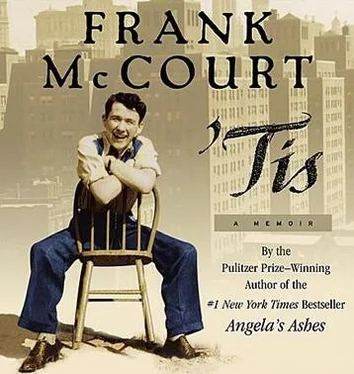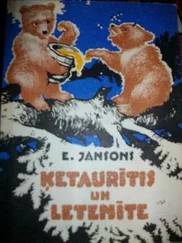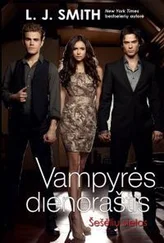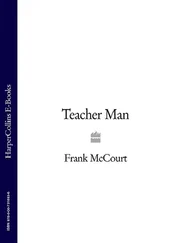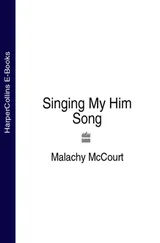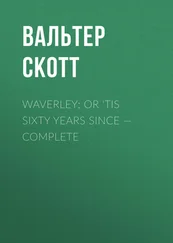Oh, he did, indeed, Aunt Eva and Aunt Maggie and Aunt Sister Comgall, and he raised many a glass to us in three countries not that we want to whine and whimper at a time like this, after all it’s his funeral, and if I could control myself in the presence of my father, that seagull in the coffin, I can surely keep a bit of dignity before my three sweet aunts and cousins galore.
We milled around ready to drive away but I had to return to my father, to satisfy myself, to tell him that if I hadn’t laughed to myself over the seagull my heart might have burst with the piling up of the past, images of the day he left us with high hopes of money coming soon from England, remembrances of my mother by the fire waiting for the money that never came and having to beg from the St. Vincent de Paul Society, memories of my brothers asking if they could have one more cut of fried bread. All this was your doing, Dad, and even if we came out of it, your sons, you inflicted a life of misfortune on our mother.
I could only kneel by his coffin again and recall mornings in Limerick when the fire glowed and he talked softly for fear of waking my mother and brothers, telling me of Ireland’s sufferings and the great deeds of the Irish in America and those mornings are now pearls that turn into three Hail Marys there by the coffin.
We buried him next day on a hill overlooking Belfast. The priest prayed and as he sprinkled the coffin with holy water shots rang out somewhere in the city. They’re at it again, someone said.
There was a gathering at the house of our cousin, Theresa Fox, and her husband, Phil. There was talk about the day, a radio report that three IRA men trying to ram through a British army barricade had been shot by the troops. In the next world my father would have the escort of his dreams, three IRA men, and he’d envy them the manner of their going.
We had tea and sandwiches and Phil brought out a bottle of whiskey to start the stories and the songs for there’s nothing else to do the day you bury your dead.
In August of 1985, the year my father died, we brought my mother’s ashes to her last resting place, the graveyard at Mungret Abbey outside Limerick City. My brother Malachy was there with his wife, Diana, and their son, Cormac. My fourteen-year-old daughter, Maggie, was there along with neighbors from the old days in Limerick and friends from New York. We took turns dipping our fingers into the tin urn from the New Jersey crematorium and sprinkling Angela’s ashes over the graves of the Sheehans and Guilfoyles and Griffins while watching the breeze eddy her white dust around the grayness of their old bone bits and across the dark earth itself.
We said a Hail Mary and it wasn’t enough. We had drifted from the church but we knew that for her and for us in that ancient abbey there would have been comfort and dignity in the prayers of a priest, proper requiem for a mother of seven.
We had lunch at a pub along the road to Ballinacurra and you’d never know from the way we ate and drank and laughed that we’d scattered our mother who was once a grand dancer at the Wembley Hall and known to one and all for the way she sang a good song, oh, if she could only catch her breath.
Table of Contents
Acknowledgments
Prologue
1
2
3
4
5
6
7
8
9
10
11
12
13
14
15
16
17
18
19
20
21
22
23
24
25
26
27
28
29
30
31
32
33
34
35
36
37
38
39
40
41
42
43
44
45
46
47
48
49
50
51
52
53
54
55
56
